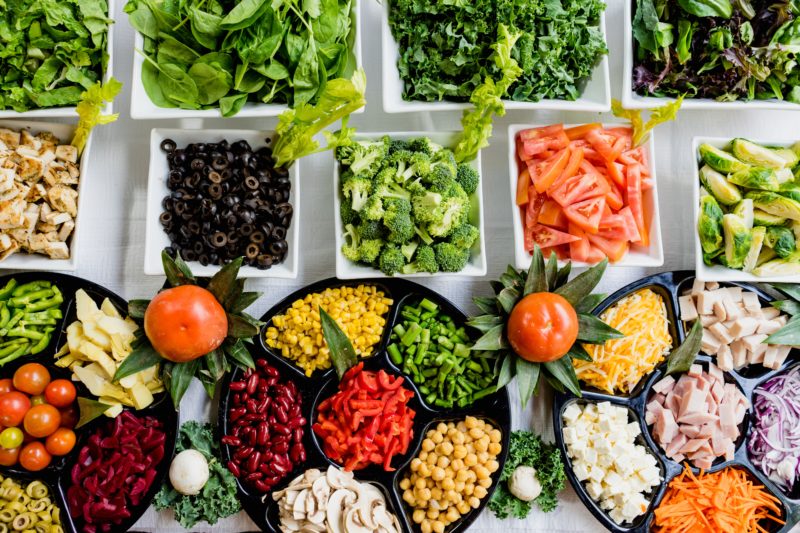
It can be difficult to decide what to pack for lunch everyday when sending your children off to summer camp, and easy to fall into a food rut! We put together a few tips from our guest author, and registered dietitian, Susan Finkelstein, to help moms and dads gain a new perspective on packed lunches.
Susan's Healthy Lunch Tips:
As your child gets older and starts going to day camp, he or she becomes more independent and learns to make decisions on his/her own. Your children are developing attitudes and habits that will carry them throughout the rest of their lives. You can help your child make healthy choices by making nutritious foods available!
Brightly coloured vegetables and fruit provide important vitamins and minerals for growing bodies. Make these foods easily accessible, by having a plate of pre-cut veggies and fruit in the refrigerator. Add pureed or chopped vegetables to sauces and casseroles to increase the amount of vegetables in your child's diet.
Make sure your child gets 2 to 3 servings of milk products (if the child is aged 4 to 9) or 3 to 4 servings (if the child is aged 10 to 16). Milk and milk products are excellent sources of calcium and vitamin D, which are essential for proper growth and development. Keep cheese, yogurt, milk puddings and milk on hand for quick and nutritious snacks.
Wholesome grain products like whole grained breads, cereals and pastas are also part of nutritious eating. Meats and alternatives such as chicken, beef, peanut butter and eggs are important for growth and development.
Other foods such as chips, candies and chocolate can also be part of your child's diet as long as these foods are eaten on occasion. These foods contribute minimal nutrition to your child's eating and may displace other more nutritious foods. You don't want your child to fill up on cookies and then have no room for dinner. Consider these other foods as providing enjoyment and unique tastes to your child's diet, but are not appropriate for everyday.
Overall, make eating exciting. Offer your child a variety of foods so that he or she can experience an array of textures, colours and flavour. It may take your child many times before he or she accepts new foods. Get your child involved in preparing and choosing his/her foods - they will be more likely to eat what they have made or chosen!
Share your thoughts by posting in the comment section below or tweeting at us on Twitter (@truenorthcamps) with hashtag #playallday!
Guest Post by Susan Finkelstein, Registered Dietitian




